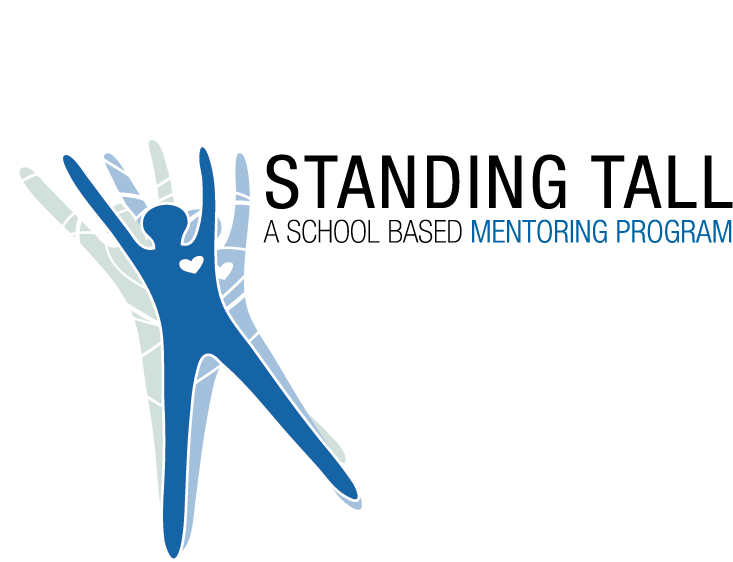about mentoring
Mentoring is the supportive one-to-one interaction between a young person and a caring adult with a focus on supporting and encouraging the young person to fulfil their potential. The crucial component of mentoring is the trusting relationship that develops over time between the mentor and the young person.
Informal mentoring takes place in many young people’s lives through support received from such people as sport coaches, neighbours, family friends and others.
However, there are many young people who could benefit from having the same support but do not have that same interaction within the community. Formal mentoring programs have developed to address this need.
Mentoring relationships are different from the other possible professional relationships young people may experience with youth workers, counsellors, police or social workers in that mentors are usually volunteers who provide an emotional and social element to the relationship.
Mentoring in the school context focuses on a mentor supporting and encouraging a young person to fulfil their potential by taking full advantage of the educational opportunities offered in a school setting.
The Standing Tall model of school based mentoring is based on the understanding that genuine engagement with opportunities offered to a young person in a school setting lead to positive outcomes across a range of immediate and long term health, academic and life outcomes.
The support and encouragement afforded in a mentoring relationship with an adult can, for many ‘at risk’ young people, strengthen their chances of making this happen.
Standing Tall programs realise that, due to the complexity of contemporary society, challenges faced by schools cannot be faced by schools alone and support from all sections of the community is vital to be able to deliver the best outcomes possible. This benefit both the young people and the community.
“Mentoring has given me an enormous amount of satisfaction but at times it has been difficult to know if you are making a difference at all but every week walking through the door of Brauer College’s Wellbeing Centre and seeing a bright eyed and beaming young lady waiting for me wipes away any doubts. I believed it was a great opportunity to support our local youth with guidance and support from the community. Teachers work hard to satisfy the educational needs of young people, however there is often a lack of support regarding social factors, family circumstances, peer pressure, lack of confidence and motivation.”


